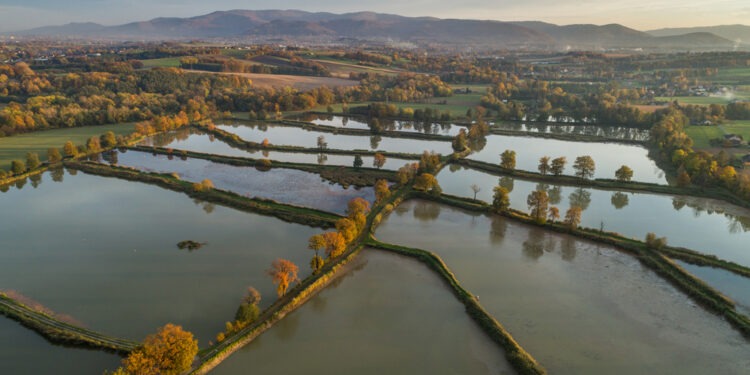Aquaculture: key to food self-sufficiency in Africa – A recent study by researchers at the University of Stirling has shed light on the significant benefits that small-scale aquaculture can bring to rural African communities, particularly in Zambia. Through extensive research, it was found that integrating fish farming into agricultural practices not only diversifies livelihoods but also plays a crucial role in increasing food security and improving the nutritional status of populations.
The adoption of aquaculture has proven to be a game changer for local farmers, allowing them not only to diversify their sources of income but also to significantly enrich the variety of their diet. This transformation represents a remarkable advance in the way rural communities can secure their livelihoods, moving beyond income generation to create a more resilient and sustainable agricultural system.
The study found that households that engage in aquaculture are twice as likely to meet their dietary needs due to greater physical and economic access to food. The sale of fish allows farmers to afford a more varied and nutritious diet, while the direct consumption of fish from their own ponds provides a valuable source of protein and essential micronutrients.
The results of the study underline the importance of aquaculture as a key strategy to combat food and nutrition insecurity on the African continent. The incorporation of ponds within an integrated farming system allows for production diversification that benefits not only the households involved but entire communities, promoting the creation of sustainable and self-sufficient farming systems.
This study provides a benchmark for policy makers and development agencies committed to improving economic and nutritional conditions in developing regions. It offers clear guidance on how to move beyond traditional farming methods by adopting more integrated approaches, highlighting the need to consider the impact on food security and diet quality as much as productivity.
Aquaculture: key to food self-sufficiency in Africa









